Carried out by the Switzerland-based Prognos and Netherlands-based CE Delft consultancies, the study was commissioned by European waste management trade association FEAD, European energy from waste (EfW) umbrella organisation CEWEP, the RDF Industry Group, and the Dutch Waste Management Association.
It focused on 10 waste streams targeted by EU legislation, from paper and glass to refuse derived fuel (RDF).
In 2018, these streams covered 505 million tonnes of material, around 19% of the total waste in the EU and the UK.
The study’s results showed that the European waste management sector was responsible for 13.2 million tonnes CO2eq of emissions in 2018.
If current EU legislation and targets relating to recycling were extended to include construction and demolition (C&D) waste, the study says, the sector could contribute to a saving of 150 million tonnes of CO2eq by 2035.
However, with a more “ambitious recycling performance” and reduced landfill, the sector could help save 296 million tonnes CO2eq by 2035, the study suggests.
Recycling targets
At the study’s launch this morning, report author Dr Bärbel Birnstengel said the EU needed to extend its recycling targets for municipal waste to cover C&D waste if the projected emissions savings were to be achieved.

She also said waste suitable for recycling and energy recovery needed to be diverted from landfill.
And, Dr Birnstengel said the study showed policymakers needed to introduce more legislation to make “optimal use” of all available capacity for recycling and EfW within the EU and the UK.
Speaking at the study’s launch, Peter Kurth, president of FEAD, said: “The climate challenge requires the full enforcement of existing EU legislation, strengthened by the EU Green Deal.
“We urge for the full implementation of recycling and landfilling targets, and we call on the EU legislator to set up further regulatory signals.
“Mandatory recycled content in products, strengthened ecodesign, positive taxonomy rules for energy recovery to adequately cover residual waste, efficient intra-EU waste shipments rules for recovery and recycling, and strong public support for selective collection will be decisive.”
Mr Kurth said he expected the EU to introduce more legislation relating to landfill and recycling “soon” before it became “too late”.
Methodology
As well as RDF, the nine material streams the study looked at included paper, glass, plastics, ferrous metals, aluminium, wood, textiles, waste tyres, and biowaste.
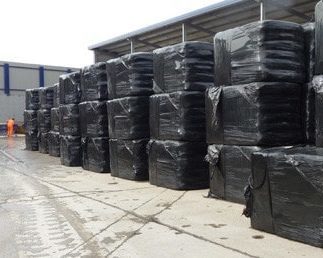
Each stream’s emissions were calculated by modelling factors including country-specific waste volumes, harmonised waste streams, and treatment-specific CO2 factors.
While the waste volumes were kept constant at the level they were at in 2018 to allow a “proper comparison”, the study modelled different treatment routes to reflect the designated targets in the study’s projections and the resulting CO2 emissions.
Three scenarios were modelled: a ‘baseline’ using data from 2018, a projection for 2035 based on the implementation of current legislation, and a second projection based on a more “ambitious performance” including not sending recyclable or recoverable waste to landfill.
Alongside its findings relating to the carbon emissions of particular material streams, the study also claims EfW is “preferable” to landfill even if waste is transported up to 9,000km in a “medium-sized” truck.
FEAD said the research built on a previous study conducted by Prognos in 2008.
Related link
CO2 reduction potential in European waste management




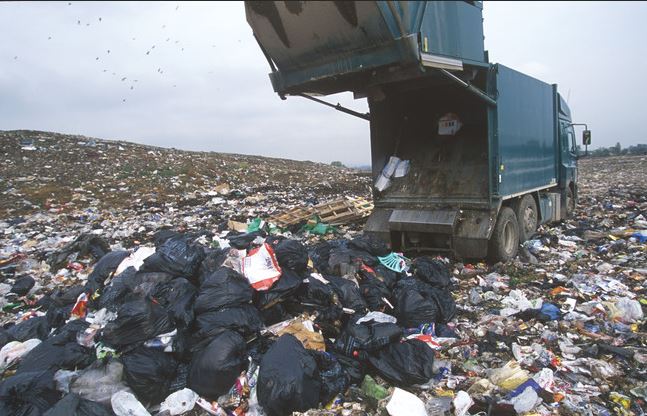

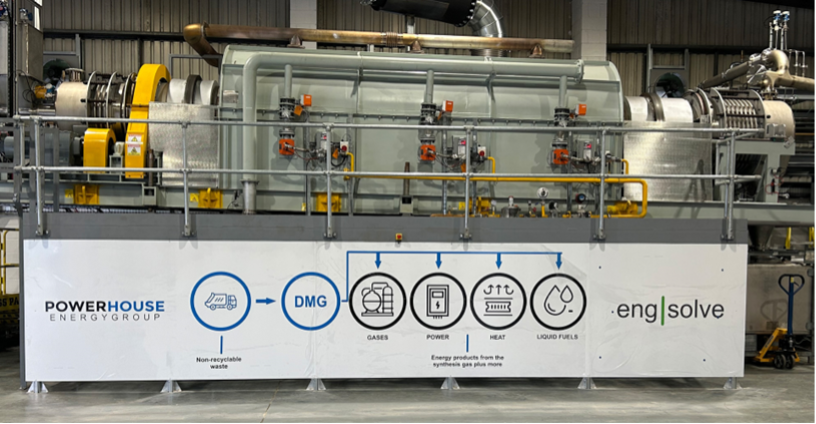
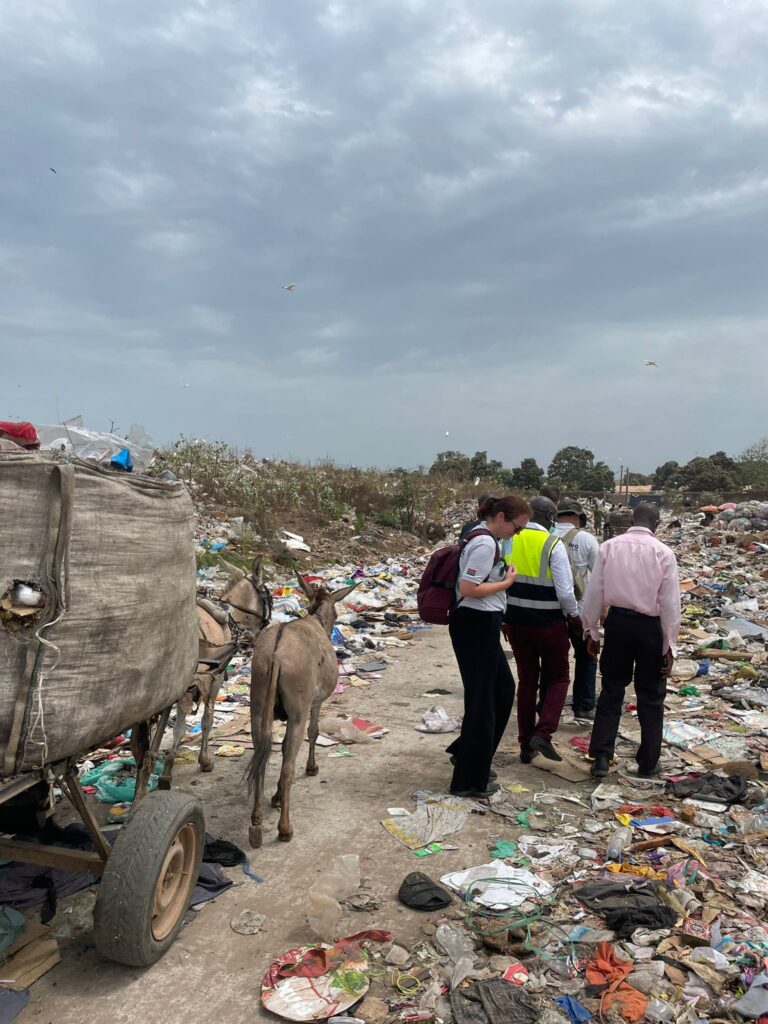
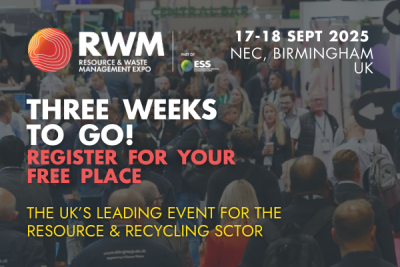
Subscribe for free